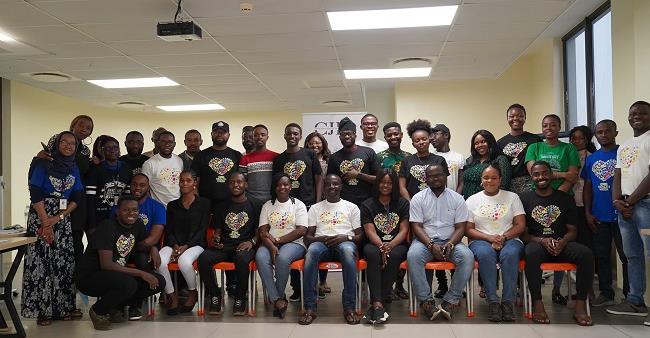Mobilising countries across Africa to meet up with the development needs of the 21st Century remains a puzzle waiting to be deciphered
With a staggering figure fluctuating between 2% and 7% contribution to the global climate change emergency, no doubt, Africa as a continent is less responsible for the lock-jam that has engulfed sustainable growth in modern society.

Internationally, those who are largely responsible for this ecological damage, especially the big and highly industrialised nations, are paying lip service to this impending disaster and its threats to destroy the earth.
They rhetorically continue to deploy all sorts of tactics including science, economy, as well as politics to argue their way out of this humanitarian crisis. The $100 billion pledge and other commitments that were meant to help victims cope with the dark side of this epidemic reveal the insincerity around the global development and climate change conversation.
How to stop this anticipated calamity and reduce its devastating spread on sustainable living indisputably remains one of the defining development issues of contemporary civilisation. This challenge has brought about emerging public misconceptions on this subject matter and continues to prevent the adoption of existing solutions.
“Climate and technological change is a defining issue of our time,” says Dr. Tobi Oluwatola, acting director, at the Centre for Journalism Innovation and Development (CJID).
And to get this definition right, he believes that innovation and stakeholder engagement, particularly among journalists, will play a central role in championing Africa’s position on the global stage.
Many media practitioners are finding it difficult to interpret the science of climate change to accelerate the required action and address the continent’s development needs. With due respect to journalists as trained communicators, they are also deficient in using the same skill to tell stories on climate change because of its complicated nature.
Experts’ engagement
Given the current predicament and in line with its core mandate to promote a sustainable lifestyle, CJID brought together 20 industry experts and engaged them on the basic connection between health, climate change, and the environment.
The two-day capacity workshop that held from Wednesday, April 20 to Thursday, April 21, 2022, in Abuja, drew attention to the concepts, causes, evidence, and impacts of climate change in Africa. Emphases were laid on the importance of data, policies, and other key health and environmental issues that journalists must pay attention to.
“With the impact of climate change on the health of people,” according to Akintunde Babatunde, a deputy director at CJID, “the time is now for journalists and researchers to be empowered with the right skills to advocate the plight of vulnerable groups.”
This knowledge for him is not meant to only communicate the impacts of the crisis, but also to assign responsibility and hold governments accountable. Therefore, he charged the beneficiaries to focus and channel such skills in spotlighting the urgent actions needed to keep humans and the planet healthy.
Speaking on the significance of the exercise, the participants described it as an eye-opener to the reality of climate change and health issues plaguing humanity. They said it would set the pace to consequentially report the various health and climatic activities.
Assessing the nexus between climate change and environmental health, they acknowledged the relationship between the two labels and expressed deep appreciation to CJID for organising the programme and enhancing Africa’s development through effective communication.
“It is truly a masterclass and I appreciate CJID for putting this together,” said Vivian Chime, a reporter with The Cable. She disclosed that the exercise has rekindled her passion to pursue great story ideas and write more on the impacts of environmental health.
Conclusion
If you have the magic power to put an end to the climate brouhaha, what would you do differently that you feel is not presently been done, Dr. Tobi was asked?
Interesting question, he acknowledged. The development guru confessed that he would have removed all the C02 that is causing the earth to warm if he had the magic power to do so. But that is wishful thinking within the context of current global economic reality.
Journalists, researchers, and eco-defenders must do a better job of renegotiating Africa’s role, place, as well as right within the global space because of their involvement in a crisis that they didn’t contribute to, yet they are going to suffer the most from its impacts.
Experts must use their skills to spotlight the politics around climate finance and its ripple effects on mitigation and adaptation. It is the right of the public to understand how greenwashing is slowing climate progress and preventing the poorest people of the world from accessing available solutions.
“So, if I had a magic wand and could really make an impact, that is where I will focus on, making sure that those flows of resources go to the Global South to solve this problem,” he submitted.
By Etta Michael Bisong, Abuja
